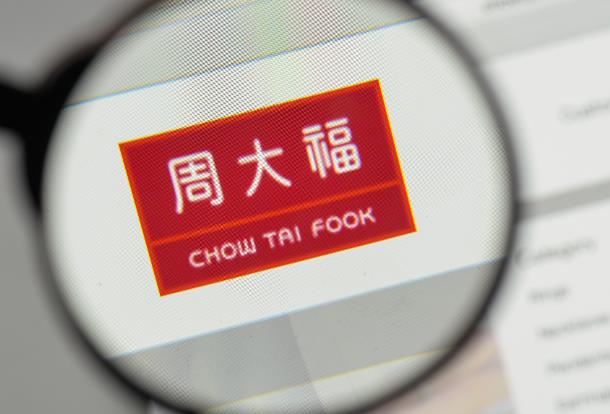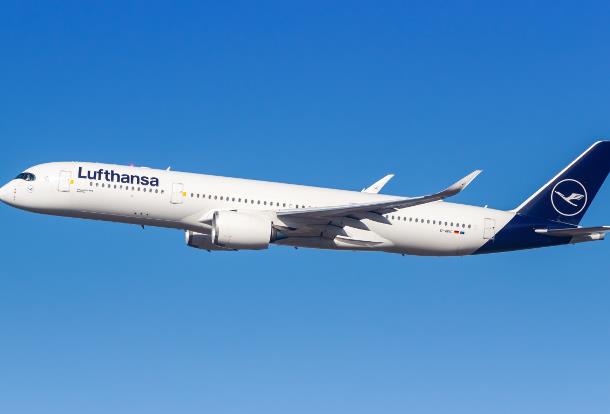Mobile overseas living platform Eluying revealed that the company has completed the due process for the Pre-A round of investment, totaling RMB10 million from Avior Capital and Initial VC.
Eluying intends to inject the funds into developing a new brand Eluyun. It will also work together with campsite planning company Aodimu and campsite management company Campingland, a brand of Swiss Davos Hotel, to develop and integrate camping resources as well as develop a customer relationship management system for campsite operators.
Eluying’s CEO Aixiang Shen said that few companies can make improvements from the top down though it’s generally admitted that the tourism market lacks good products. At the same time, attractions lack internal drive or feedback from the market, so much so that travel choices are not increasing in sync with upgraded consumption patterns. Shen began revamping the upstream resources after examining the market from the “2C” end and having ascertained there is enormous demand for mobile homes.
The company requires all campsite suppliers to comply with the detailed management standards of Campingland, in order to lift the service quality and capabilities. It is understood that Campingland will collect management fees from campsite operators, and in return Eluying will guarantee to channel at least 5,000 customers to partner campsites.
The partnership with Aodimu, on the other hand, will be mainly on joint development of campsites in terms of attractions planning, design, as well as offering solutions for building caravan parking areas and basic amenities such as bathroom facilities and WiFi on campsites.
The Eluying website will serve as the channel for directing customers to campsites, and Eluying will support campsites with information management and the sharing of resources such as caravans and camps in the different high and low seasons of different campsites.
Other than camping, Shen also envisions enriching the company’s product line by introducing caravan management services for caravan owners, including parking, renting out caravans when unused, and maintenance and repair, in anticipation of exponential growth of China’s caravan market. These private caravans could also supplement caravan supplies for campsites in high seasons and help lower operating costs for campsites.
From the regulations point of view, the guidelines on maximum capacity evaluation for attractions, released by the China National Tourism Administration in April, stipulate that attractions must implement capacity control measures when they reach 80% of capacity. Meanwhile, the tourism planning authorities of Chongqing and Fujian are also planning to set up campsites in order to expand their capacities for receiving visitors, especial self-drive visitors.
Eluying has built up a customer bank of 100,000 users since going online in March 2014. Most of the users are self-drive visitors and 30% of them are repeat customers. The platform features about 300 product categories, and the average transaction ranges between RMB300-500. Its monthly turnover is about RMB1 million and is growing steadily. Eluying had received a seed investment from Xiaoping Xu and an angle investment from other companies including IDG.
Despite favorable conditions, Eluying still faces tremendous challenges in sorting out upstream channels. After the company has standardized campsite operations and service capacity and upgraded the education of the business side, the industry will naturally draw in offline land operators who will use their expertise in packaging accommodation and X+camping to supply OTAs. As Eluying has no edge in critical mass, which it is still developing, will it end up building a bridge for others?
“Eluying will certainly face competition from OTAs and other competitors, but we welcome competition to make the pie bigger,” Shen rationalized. “Eluying has barricaded resources, with solid control over campsite operating rights and sales channels. For example, US camping supply brand KOA can only be ordered for relevant specific purposes. If the big wigs want to enter this market, it will be good for the whole sector that they bring in more customers. By then, users will see Eluying’s logo on camps and caravans, and then they will be drawn to our platform.”
In the hotly contested industry, we have to wait and see whether the one who paves the way gets to enjoy the fruit of the labor, whether it’s worthwhile for a startup to invest in consolidating upstream resources, or whether this is an opportunity for the small potato to grow big. (Translation by Shuk)




